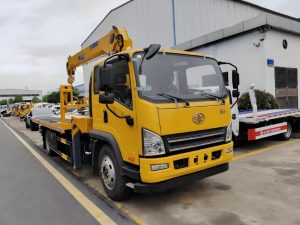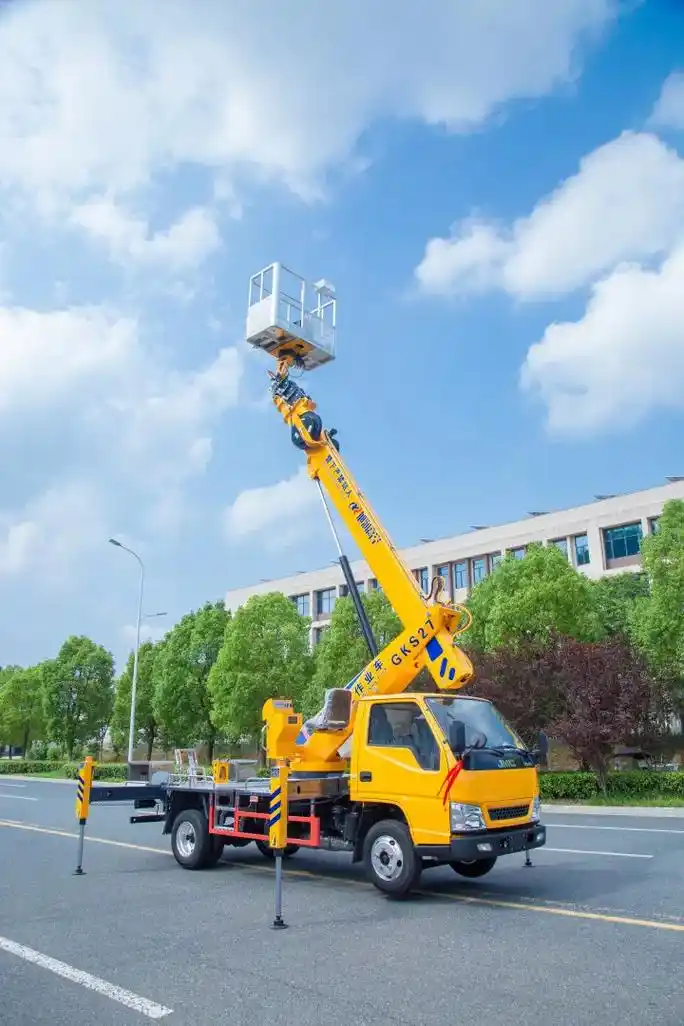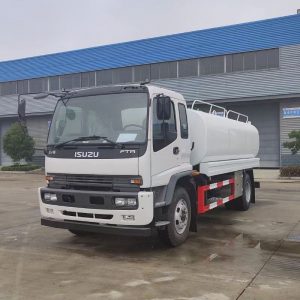Table of Contents
ToggleIntroduction to Water Tank Trucks
Have you ever stopped to think about how water gets to places where it’s needed most? Whether it’s for construction, agriculture, or emergency services, water tank trucks play a crucial role in transporting this vital resource. In this article, we’ll dive deep into the world of water tank trucks, exploring their components, types, applications, and much more. So, grab a cup of coffee, and let’s get started!

What is a Water Tank Truck?
A water tank truck is a specialized vehicle designed to transport water from one location to another. These trucks are equipped with a large tank that can hold thousands of gallons of water, making them essential for various industries. But what exactly makes up a water tank truck? Let’s break it down.
Key Components of a Water Tank Truck
Understanding the key components of a water tank truck can help you appreciate its functionality. Here are the main parts that make these trucks tick:
The Tank
The tank is the heart of the water tank truck. Typically made from materials like stainless steel or polyethylene, it’s designed to hold large volumes of water securely. The size of the tank can vary, but most trucks can carry anywhere from 1,000 to 5,000 gallons of water. The design of the tank is crucial; it must be robust enough to withstand the pressure of the water while also being lightweight enough to allow for efficient transport.
The Chassis
The chassis is the framework that supports the tank and all other components. It’s built to handle the weight of the water and the tank itself, ensuring stability and safety during transport. The chassis is often made from heavy-duty materials to withstand the rigors of daily use, especially in rough terrains.
The Pump System
A water tank truck wouldn’t be very useful without a pump system. This system allows for the efficient loading and unloading of water. Depending on the truck’s design, it may have a centrifugal pump or a diaphragm pump, each serving its purpose in water transfer. The pump system is often equipped with controls that allow the driver to manage the flow of water easily, making it a vital component for quick and effective operations.
Types of Water Tank Trucks
Not all water tank trucks are created equal. Depending on their intended use, they can be categorized into different types.
Standard Water Tank Trucks
These are the most common types of water tank trucks. They are versatile and can be used for various applications, from construction sites to municipal water supply. Standard trucks usually have a simple design, focusing on efficiency and ease of use. They often come with basic features that allow for straightforward operation, making them ideal for general water transport needs.
Specialized Water Tank Trucks
Specialized water tank trucks are designed for specific tasks. For example, some trucks are equipped with additional features like spray nozzles for dust control on construction sites, while others may have heating systems for transporting hot water. These trucks are tailored to meet the unique needs of different industries. For instance, a specialized truck might be used in firefighting, equipped with high-capacity pumps and hoses to deliver water quickly to the scene of a fire.
Applications of Water Tank Trucks
Water tank trucks are incredibly versatile and find applications in numerous fields. Let’s explore some of the most common uses.
Construction Sites
In construction, water is essential for mixing concrete, controlling dust, and even providing drinking water for workers. Water tank trucks ensure that construction sites have a steady supply of water, helping projects stay on schedule. Imagine a bustling construction site without water; it would be chaos! These trucks help maintain order and efficiency, allowing workers to focus on their tasks without worrying about water shortages.
Agricultural Use
Farmers often rely on water tank trucks to irrigate crops, especially in areas where water supply is limited. These trucks can transport water from nearby sources to fields, ensuring that crops receive the hydration they need to thrive. In regions facing drought, water tank trucks can be a lifeline, providing essential irrigation that keeps farms productive and sustainable.
Emergency Services
During emergencies, such as wildfires or natural disasters, water tank trucks can be lifesavers. They provide quick access to water for firefighting efforts or for supplying communities that have lost access to clean water. Think about the last time you saw a news report about a wildfire; those brave firefighters often rely on water tank trucks to help them combat the flames. These trucks are not just vehicles; they are crucial tools in saving lives and protecting property.
Benefits of Using Water Tank Trucks
So, why should industries invest in water tank trucks? Here are some compelling benefits:
Efficient Water Delivery
Water tank trucks are designed for efficiency. They can transport large volumes of water quickly, ensuring that businesses and communities have access to this essential resource when they need it most. This efficiency is particularly important in emergency situations, where every second counts.
Versatility in Usage
From construction to agriculture, the versatility of water tank trucks makes them invaluable. They can be adapted for various tasks, making them a smart investment for many industries. Whether it’s spraying water to control dust on a construction site or delivering water to a remote farm, these trucks can handle it all.
Maintenance Tips for Water Tank Trucks
To keep a water tank truck running smoothly, regular maintenance is key. Here are some tips to ensure longevity and efficiency:
Regular Inspections
Conducting regular inspections can help identify potential issues before they become major problems. Check for leaks, corrosion, and the condition of the pump system to ensure everything is in working order. Regular maintenance not only extends the life of the truck but also ensures that it operates at peak efficiency.
Cleaning the Tank
Cleaning the tank is crucial for maintaining water quality. Regularly remove any sediment or contaminants to ensure that the water transported is clean and safe for use. A clean tank means healthier water, which is especially important in agricultural and emergency applications.
Environmental Considerations
As we become more aware of environmental issues, it’s essential to consider the impact of water tank trucks.
Water Conservation
Water tank trucks can play a role in water conservation efforts. By efficiently transporting water to areas in need, they help ensure that this precious resource is used wisely. In a world where water scarcity is becoming a pressing issue, these trucks can help bridge the gap between supply and demand.
Pollution Prevention
Proper maintenance and operation of water tank trucks can prevent pollution. Ensuring that tanks are clean and leak-free helps protect the environment from contamination. Additionally, using eco-friendly materials and practices in the construction and operation of these trucks can further minimize their environmental footprint.
Conclusion: The Future of Water Tank Trucks
As we look to the future, water tank trucks will continue to be an essential part of our infrastructure. With advancements in technology, we can expect to see even more efficient and environmentally friendly designs. Whether for construction, agriculture, or emergency services, these trucks are the unsung heroes of water transportation, ensuring that this vital resource is always within reach.
In summary, water tank trucks are more than just vehicles; they are lifelines for many industries. By understanding their components, applications, and benefits, we can appreciate the critical role they play in our daily lives. So, the next time you see a water tank truck on the road, remember the important work it does behind the scenes!







